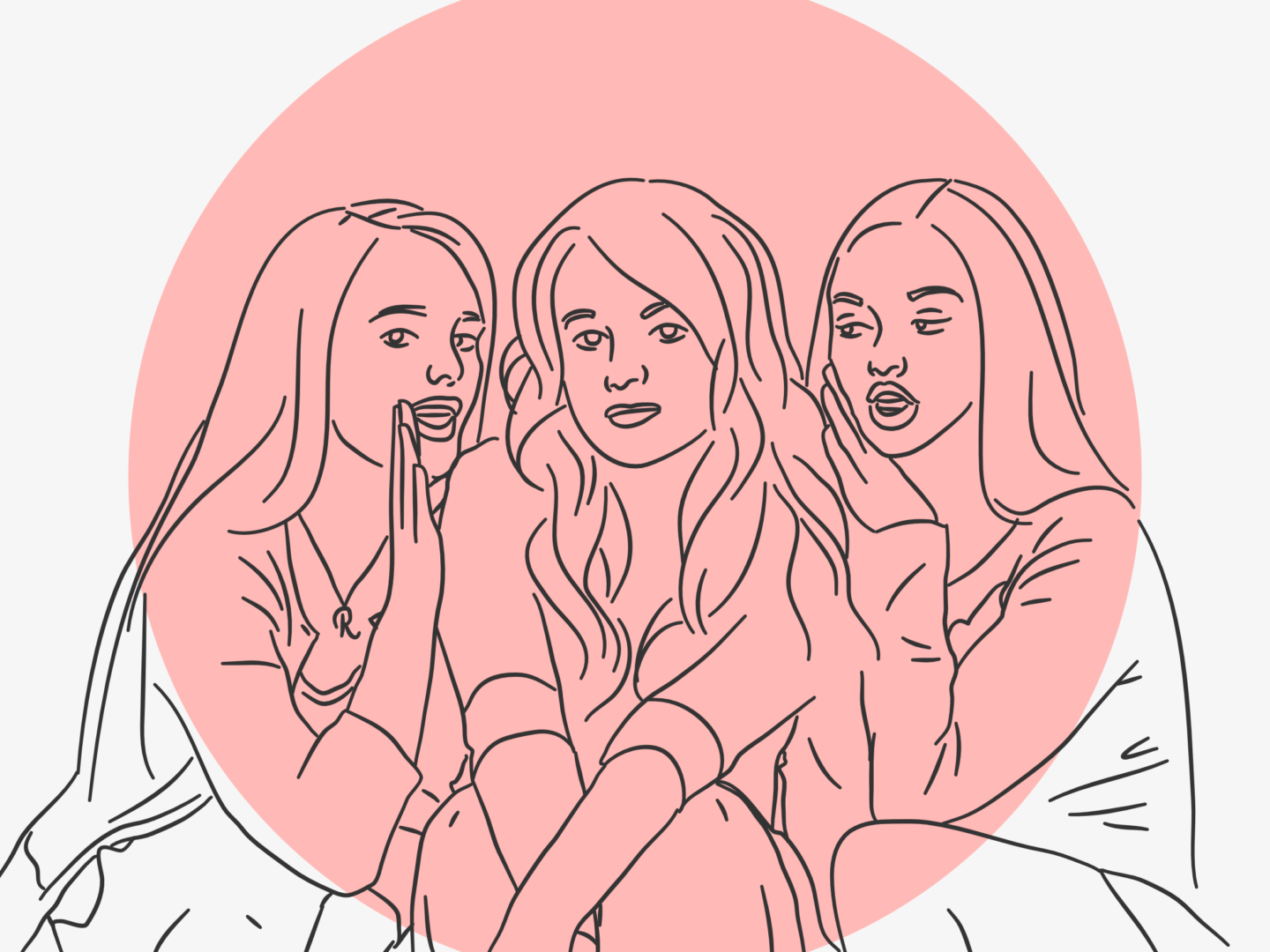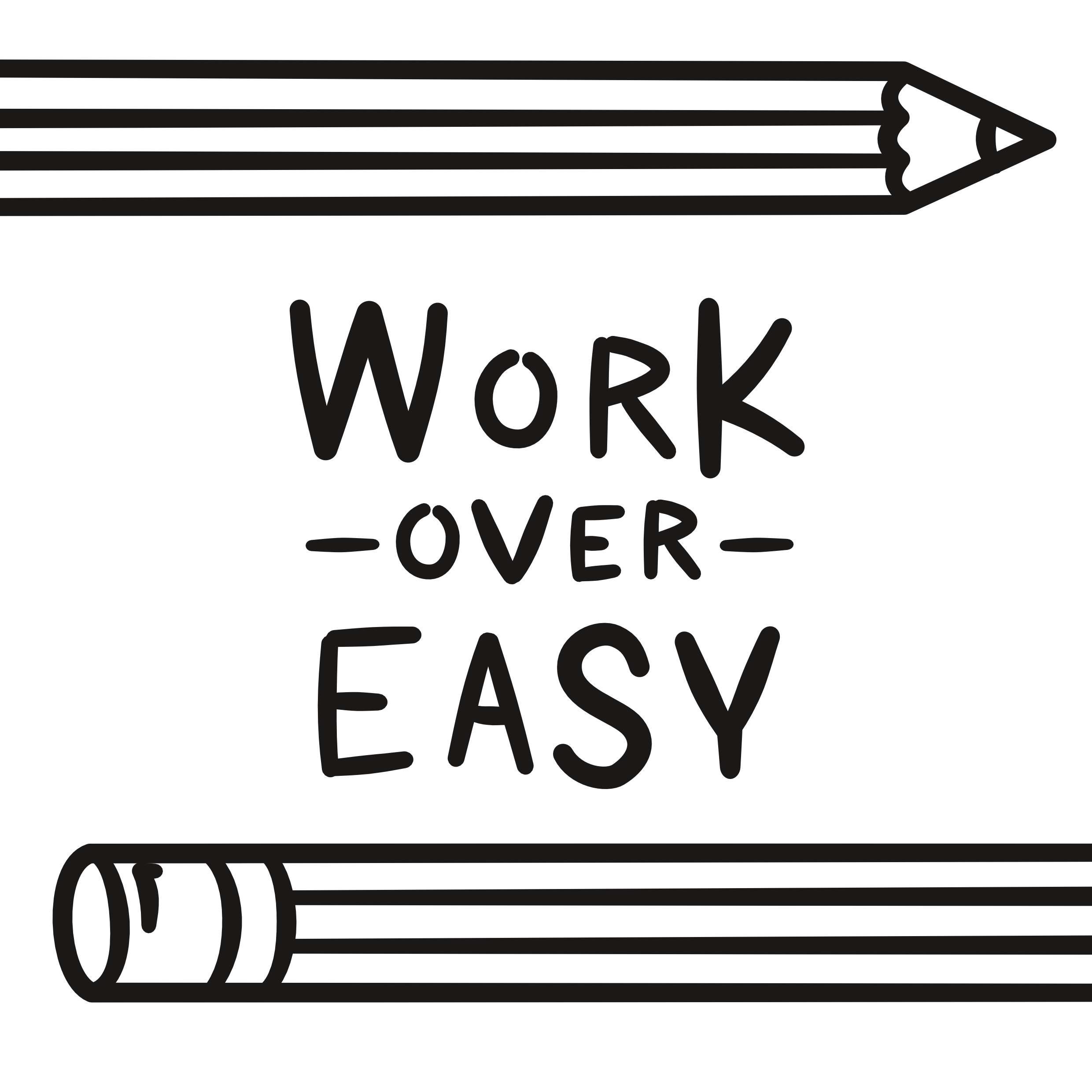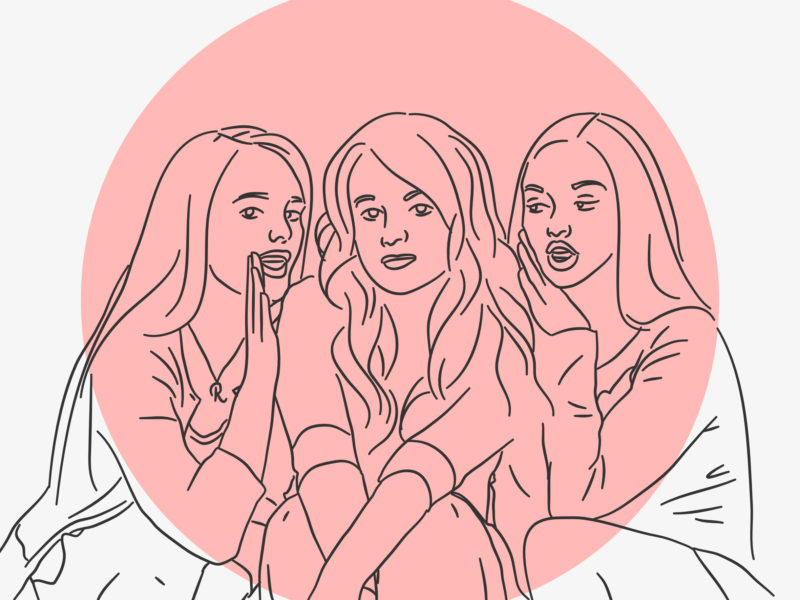
A while ago I wrote about dealing with negative self-talk. That spot check process for the way you’re talking to yourself remains relevant and is something I still use. But, since then, I’ve been thinking and reading a lot about it, and I have some more to say on the topic about the root of your inner critic and how to ultimately understand it rather than just battling the negatives as they come up.
The first thing to note is that your inner critic was originally created to try to help and protect you. When you’re little you’re told all sorts of things that you should be to be good, to be liked, just to be accepted. Sometimes those things came as negatives. So, your brain created your inner critic. A little voice to pre-emptively tell you to do things a certain way, a voice that internalised what it thought was necessary for you to be loved. It critiqued your performance. It told you you couldn’t do things before you tried because it was trying to stop you from getting hurt by failing.
It tried to help in a misguided way. But that voice doesn’t know when to stop.
The more you listened to it, the bolder it became, the more right it thought it was. Until it got to the stage where it wasn’t just giving you little nudges it was kicking you when you were already down.
Or at least that’s my voice.
When I started to think of my inner critic as something shaped by the environment I grew up in, as something that started by trying to help, it was much easier to understand why it said certain things. For example, my inner critic is at its worst if I make a mistake in front of people, especially if I was meant to know what I was doing e.g. if I’m cooking a meal, or leading the way on a walk. When I was at school, because I was supposed to be clever, my making a mistake was seen as a much bigger deal (we’re talking laughter, I think someone once cheered when I didn’t win something academic) than me getting something right. So, the most shameful thing my inner critic can think of me doing is showing another person that I get things wrong. So, that’s when it’s at its meanest.
But I’m allowed to get things wrong. That’s what I would want to say to my younger self: “you’re allowed to get things wrong, what’s important is that you’re learning and trying”.
I can’t stop the fact that it feels awful to get something wrong. But when my inner critic turns it into a spiral of shame and negativity, I’m aware enough to be able to say to it “I hear you. I know why you’ve said that. I understand. But it’s actually okay now. I’m going to keep going”
As well as having the potential to be really mean, your inner critic also has the power to be really sneaky. Inner critics can either make the bits of ourselves we’re most uncomfortable the focus of our attention or it can try and make them disappear. Sometimes these disappeared qualities, are referred to as being disowned, which I think is just the right level of emotive.
To find your disowned selves, try thinking about someone you really personally don’t like, the person who you tear down in your mind and makes you feel self-righteous and superior. I know that person exists. What is it that you specifically judge about them? Are they arrogant? Are they greedy? Do they always flake? Do you think they’re super needy? Ugh you would never do that right?!
Eh probably not, quite often the biggest flaws we see in someone else’s character are the flaws we’re most frightened of having. We’ve hidden them. Disowned them.
This works the other way too. Who do you admire most? Who’s on a pedestal they could never fall from? Are they loyal, or caring, or hard working, or smart, or just plain good? So much so that you could never be as good, you could never be like them. But you could be, and you probably are.
You are neither as high and mighty or as lacking, as you think you are.
We’re all probably much more complex than we give ourselves credit for. We also have to learn to accept the fact that we’re not without flaws.
The most powerful tool you have to work with your inner critic and disarm it, is to understand why it’s saying what it is and to understand and accept all of yourself, even the embarrassing bits. This is also the hardest thing to do, so please give me all of your tips.
Personally, I think it’s impossible to get rid of your inner critic, as much as certain self-help books and articles might have you believe otherwise. You’re always going to have moments where you wish you’d done better, said something smarter, or at least not something quite so silly. That’s actually a good thing. It’s so important to be aware of your own shortcomings. If you don’t know about them how can you work on them?
But there’s a difference between critiquing your own performance constructively or at least understanding it constructively, and just beating yourself up. And there’s a difference between always listening to that voice and letting it control you, and hearing it but letting that sound wash over you most of the time.
But that’s easier said than done.
But I’m working on it.
If this is a topic you’re interested in, or if you just generally like a bit of a pep talk I can highly recommend Brené Brown’s 99u talk from a while ago. Her honesty and advice is really refreshing, and it’s what got me back into trying to work with rather than against my inner critic. A lot of what I’ve been reading is also really well summarised in this article.
How’s your relationship with your inner critic?


